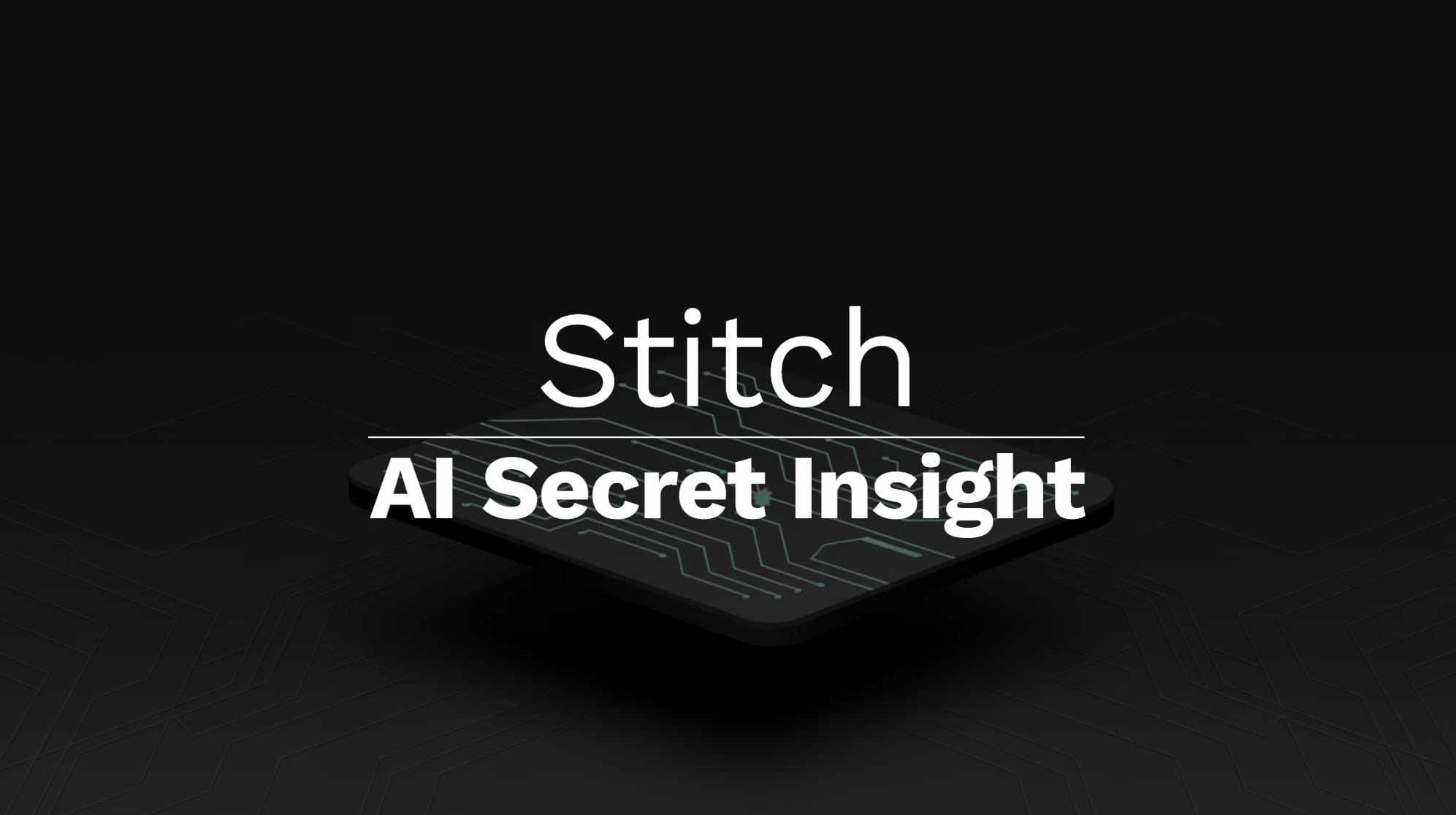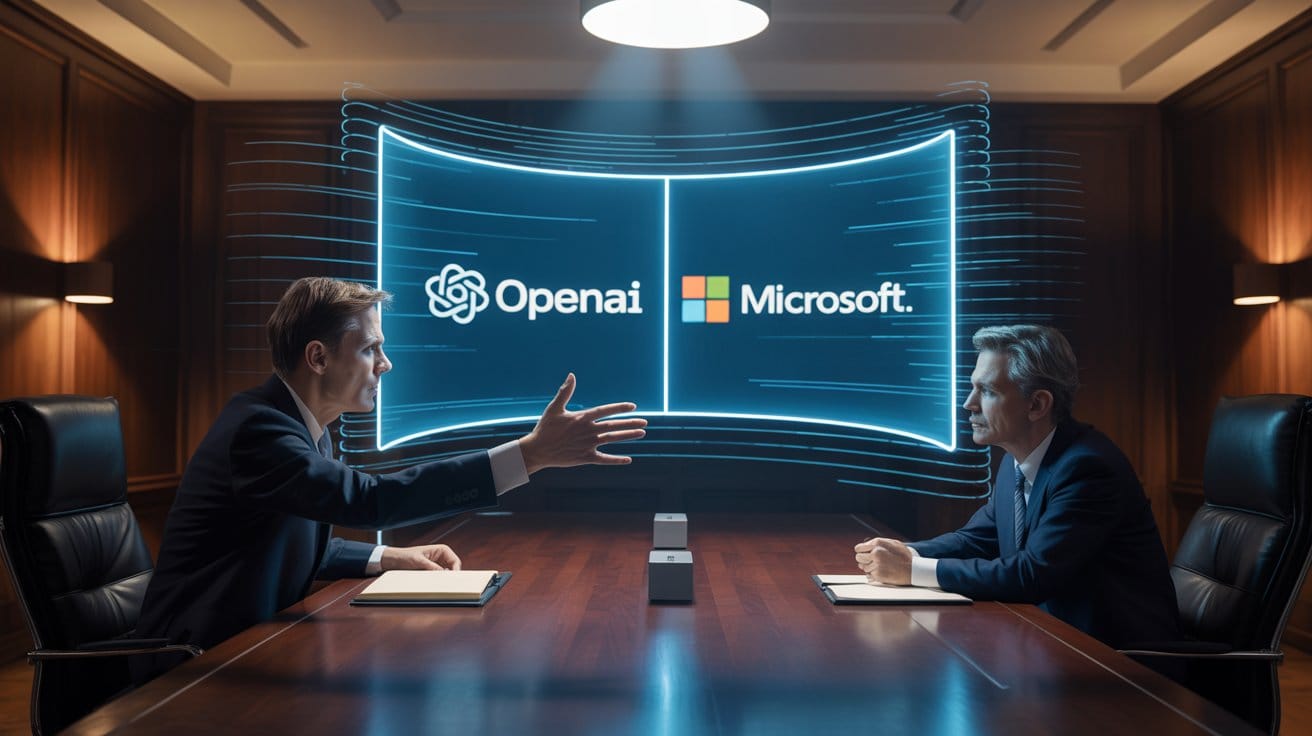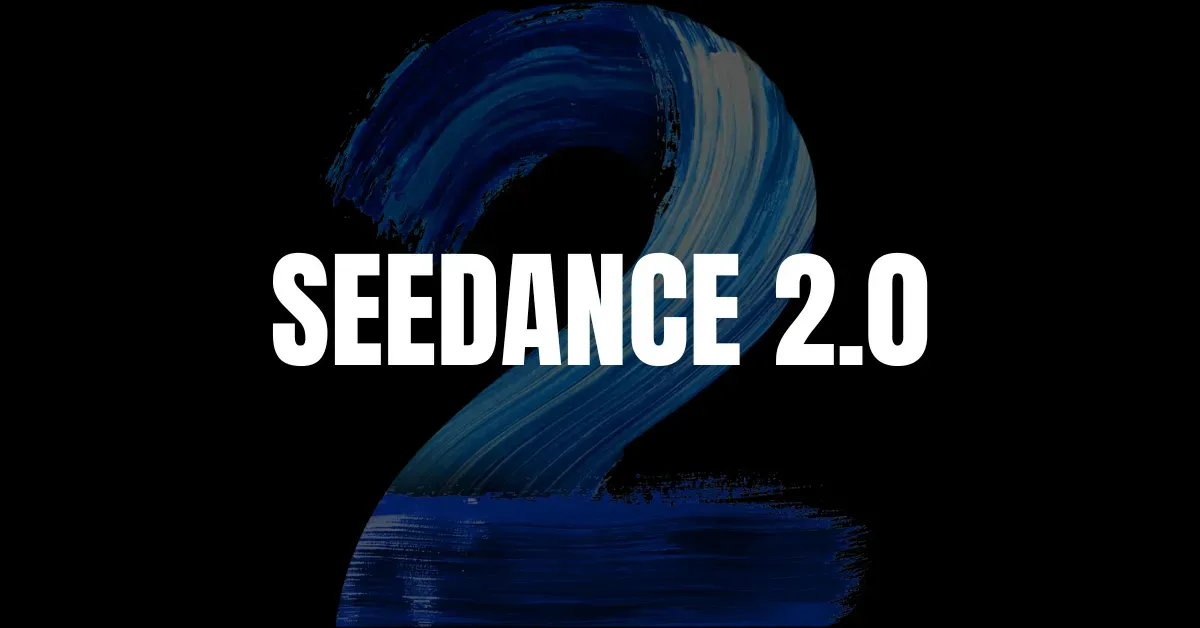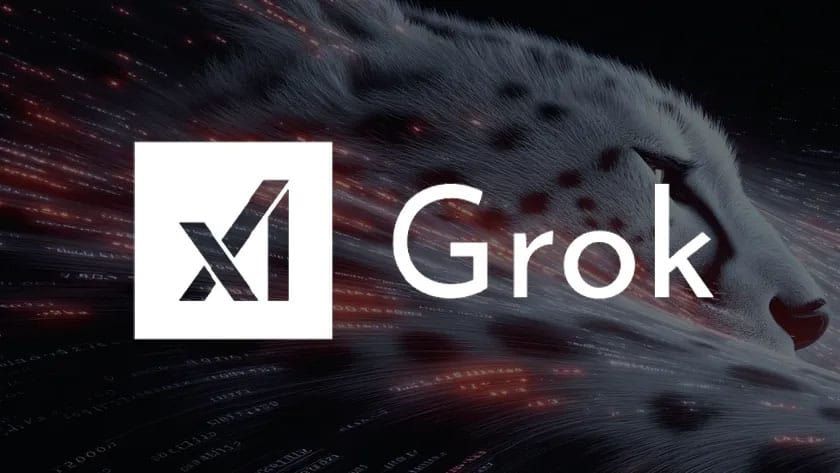🛎️ Clipboard Conqueror

Good Morning, AI Enthusiasts!
One judge sets AI free to learn, another lawsuit freezes the hottest device, and Adobe starts charging per dream—when rules shift overnight, can your roadmap keep up?

NEWS
Anthropic Wins Major AI Copyright Ruling on Training Data Fair Use

A federal judge has ruled in favor of Anthropic in a landmark copyright case, declaring that AI developers can legally train on published books without authors' consent. Judge William Alsup's decision in the Northern District of California marks the first major fair use ruling in generative AI copyright litigation, setting a precedent for dozens of ongoing similar lawsuits. The ruling emerged from a case filed by three authors who claimed Anthropic pirated millions of books to train its Claude AI models.
The judge determined that Anthropic's use of copyrighted works was "exceedingly transformative" and constituted fair use under copyright law. Alsup emphasized that the technology was "among the most transformative many of us will see in our lifetimes" and that AI models don't reproduce copies for public access or displace demand for original books. However, he distinguished between legitimate acquisition of copyrighted works and piracy, noting that downloading pirated copies does not constitute fair use.
While Anthropic won on the fair use argument, the company still faces trial for using pirated copies in its training data. The judge stated that purchasing books after initially obtaining them through piracy doesn't absolve liability for theft, though it may affect statutory damages. The ruling establishes that AI companies can train on copyrighted materials if obtained through legitimate means, potentially reshaping the landscape for AI development and copyright protection.
🛎️ Key Takeaway: This groundbreaking fair use ruling creates massive commercial value for AI companies by legitimizing training on copyrighted content through proper channels, potentially saving billions in licensing costs while establishing clear legal frameworks that could accelerate AI development and reduce litigation risks across the industry.
TOGETHER WITH BOX
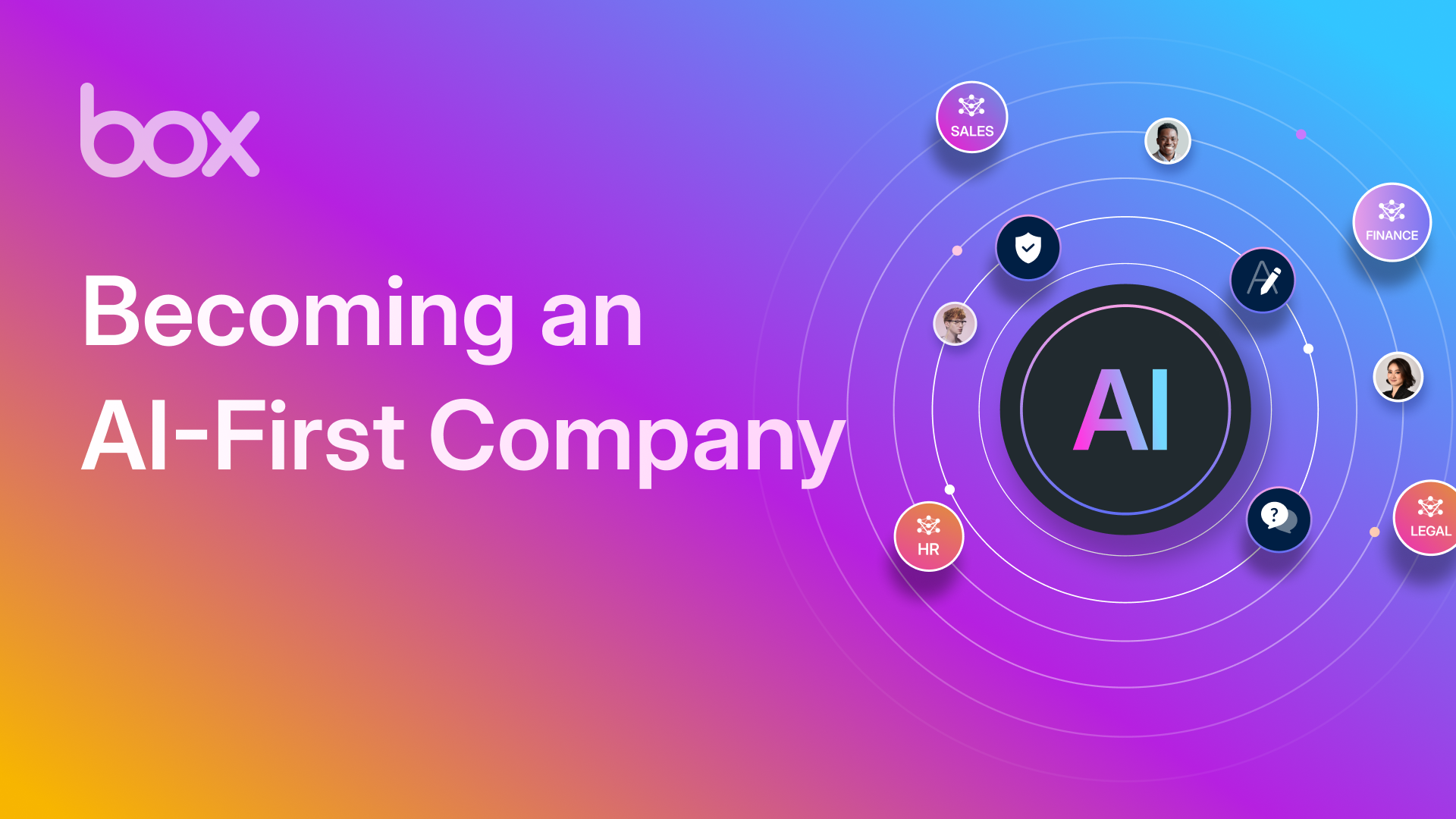
60% of companies expect to be transformed by AI within two years. But many organizations aren’t even close to putting AI at the forefront of their business strategies.
Box's new white paper, Becoming an AI-First Company, helps break down the ever-evolving landscape so businesses can move at the speed of AI. Download the new white paper now for Box's key recommendations.
NEWS
OpenAI AI Device Delayed Until 2026 Due to Trademark Lawsuit

OpenAI's first AI device, developed with Jony Ive's design studio IO, faces significant delays after a trademark lawsuit from audio startup IYO. Court filings revealed that the device won't be a wearable or in-ear device and won't ship until at least 2026, marking the first official confirmation of the launch timeline. OpenAI recently acquired IO for $6.5 billion but has been forced to halt all marketing related to the device.
The lawsuit centers on trademark infringement claims due to the similarity between company names IYO and IO. IYO, which developed an unreleased in-ear headphone marketed as the world's first audio computer, provided evidence that OpenAI and IO leadership knew about their product and even requested demonstrations. A federal judge ruled that IYO has a strong enough case to proceed to an October hearing.
OpenAI has scrubbed all mentions of the device from its website, including the official announcement post, and cannot market the product or its relationship with Ive's company until the lawsuit is resolved. The legal battle could extend delays further, with OpenAI's defense stating that IO considered various form factors including desktop, mobile, wearable, and portable devices during early development phases.
🛎️ Key Takeaway: This trademark dispute highlights the critical importance of comprehensive IP due diligence in high-stakes AI hardware ventures, potentially creating market opportunities for competitors to capture first-mover advantage in the consumer AI device space while OpenAI navigates legal challenges.
NEWS
Adobe Enforces AI Credit Limits, Ending Free Unlimited Access to Generative Features
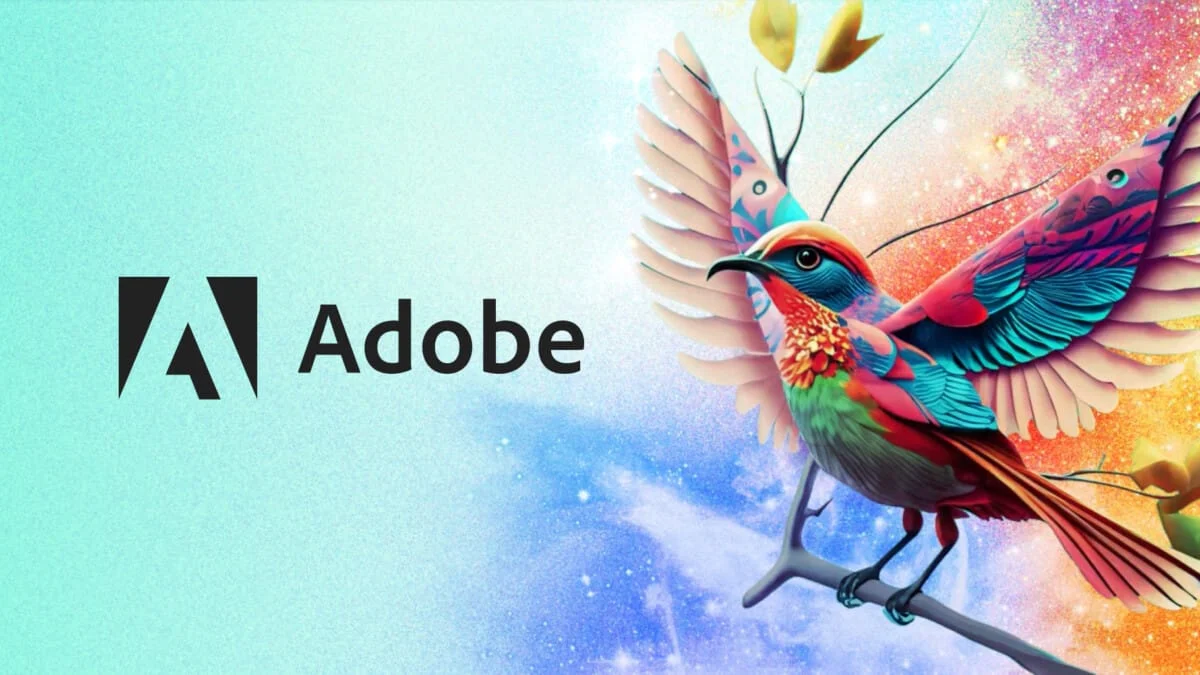
Adobe has begun strictly enforcing generative credit usage across Creative Cloud applications after 18 months of largely unenforced limits. Previously, users could continue accessing AI tools after depleting credits with only slower performance, but the updated policy now completely blocks access once monthly allowances are exhausted. The company separates AI features into "standard" (one credit per use) and "premium" (variable credits based on output) categories, with users now receiving in-app alerts about credit consumption.
Credit allocations vary dramatically across subscription tiers, creating user confusion. Creative Cloud All Apps provides 1,000 monthly credits while Creative Cloud Pro offers unlimited standard generations. However, popular Photography plans now include only 25 credits monthly for new subscribers, down from 500 for existing users who subscribed before June 17, 2025.
The enforcement caught users off-guard without clear warnings when credits deplete. Adobe offers upgrade paths including standalone Firefly plans at $10/month for unlimited standard features or Creative Cloud Pro at $70/month. For photographers heavily using AI tools, the most economical solution combines Photography Plan ($20/month) with Firefly Standard ($10/month) totaling $30 monthly for unlimited AI access.
🛎️ Key Takeaway: The enforcement of generative credits by Adobe symbolizes a troubling trend towards monetization at the expense of user experience, potentially squeezing creative professionals who depend on these tools while obscuring the true costs and limitations involved. This shift raises questions about Adobe's commitment to its user base and the potential prioritization of profit over accessibility.
INSIGHT
How Outset.ai Became the Category-Defining AI Research Platform
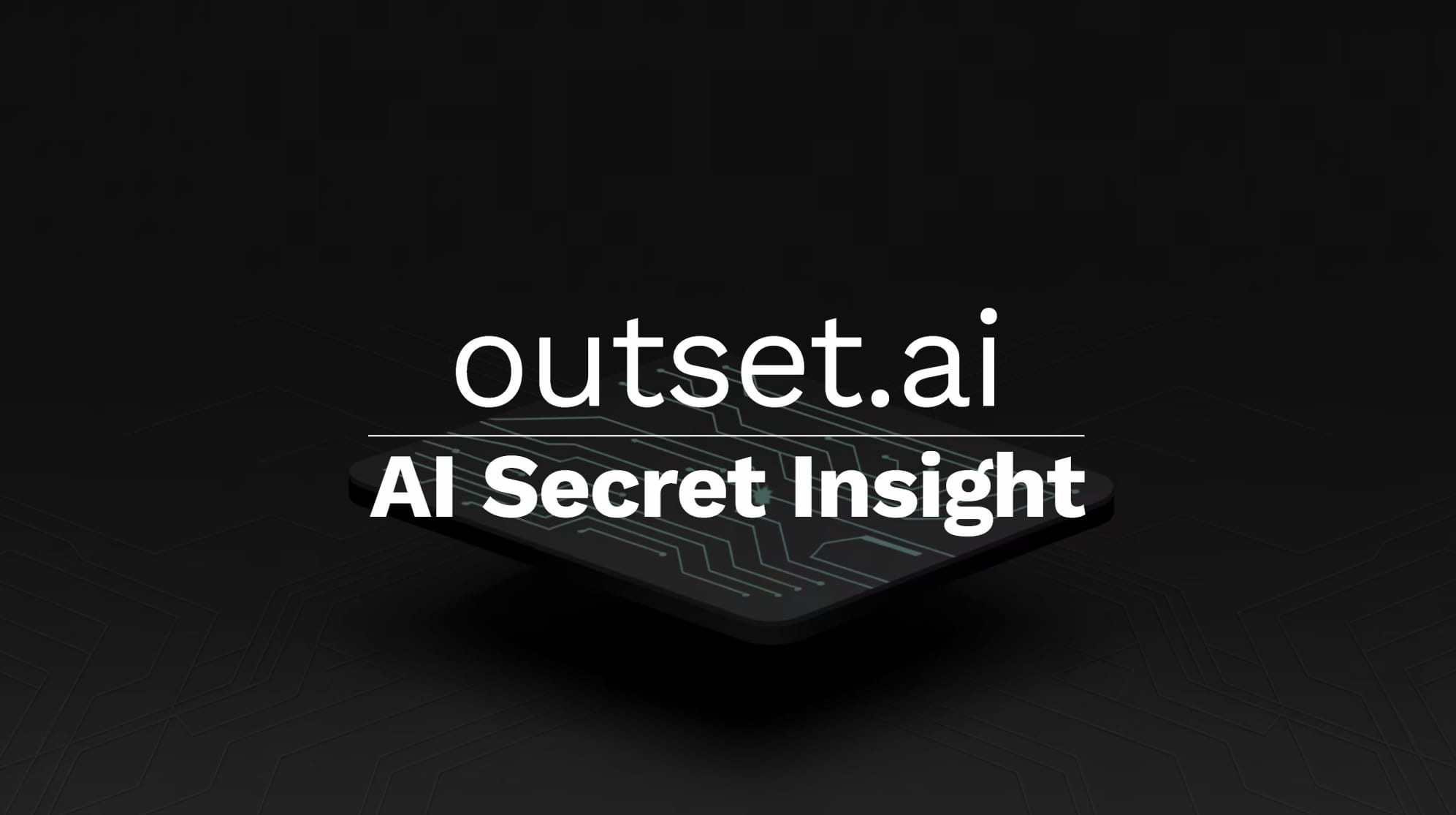
Outset.ai is a groundbreaking startup that has revolutionized customer research by utilizing artificial intelligence to automate qualitative research processes. Founded by Aaron Cannon and Michael Hess in late 2022, the platform enables enterprises to perform interviews at speeds and costs unattainable through traditional methods, offering insights that enhance competitive advantage. With a successful prototype developed in just one weekend and subsequent acceptance into Y Combinator, Outset.ai has rapidly grown to serve major clients like Nestlé and Microsoft.
The company’s innovative approach eliminates the need for human moderators, allowing for the completion of significantly more interviews in a fraction of the time and expense. By addressing the cold-start problem through a design-partner program and embedding its branding throughout the user experience, Outset.ai has built credibility and awareness in the market. Its focus on metrics, compliance, and multilingual support further enhances its appeal, allowing for expansion into regulated industries and global markets.
Having raised a total of $21 million, Outset.ai has demonstrated impressive growth, achieving substantial cost reductions for clients while completing projects much faster than traditional methods. With over a million minutes of AI-moderated interviews conducted and a lean operational model, Outset.ai is poised to solidify its leadership in AI-driven customer research, showcasing the potential of innovative solutions to transform industry standards.
🛎️ Key Takeaway: Outset.ai exemplifies a remarkable business opportunity in the realm of customer insights, illustrating how AI can create significant efficiencies and cost savings for enterprises, while opening new markets and redefining qualitative research methodologies.
TRENDING
AI World Today
- Meta's Aggressive AI Acquisition Spree Yields Mixed Results.
- Anthropic Develops Memory and AI-Powered Artifacts for Claude Platform.
- China Expects 100+ AI Breakthroughs Like DeepSeek Within 18 Months.
- HPE Unveils GreenLake Intelligence Platform with Agentic AI for Autonomous IT Operations.
- OpenAI CEO Sam Altman Signals Openness to ChatGPT Ads Amid Rising Operational Costs.
Daily AI Launches
- Skywork has launched Skywork Slides, an AI-powered tool that streamlines presentation creation with structured designs and logical flow for an enhanced user experience.
- Pally has launched AI Relationship Management, unifying all your social contacts so you get instant meeting briefs and stay in touch effortlessly.
- Pythagora has launched a chat-driven app builder that creates full web apps in hours, not months.
- Runbear has launched no-code ChatGPT integrations for Slack, Teams, and HubSpot, rolling out AI workflows in under an hour.
- Cekura has launched end-to-end QA automation for conversational agents that plugs into CI/CD to track and ensure call quality at every stage.
Featured AI Tools
- 🪶 CopyOwl is the First AI Research Agent, deep research on any topic in one click.
- 📚 Heardly is the Fast Way to read Best Book.
- 🦾 Flot AI writes, reads, and remembers across any apps and webs.
TOGETHER WITH US
AI Secret Media Group is the world’s #1 AI & Tech Newsletter Group, boasting over 1 million readers from leading companies such as OpenAI, Google, Meta, and Microsoft. Our Newsletter Brands:
- AI: AI Secret
- Tech: Bay Area Letters
We've helped promote over 500 Tech Brands. Will yours be the next?
Email our co-founder Mark directly at mark@aisecret.us if the button fails.
Latest Daily Rundowns



Latest AI Insights
